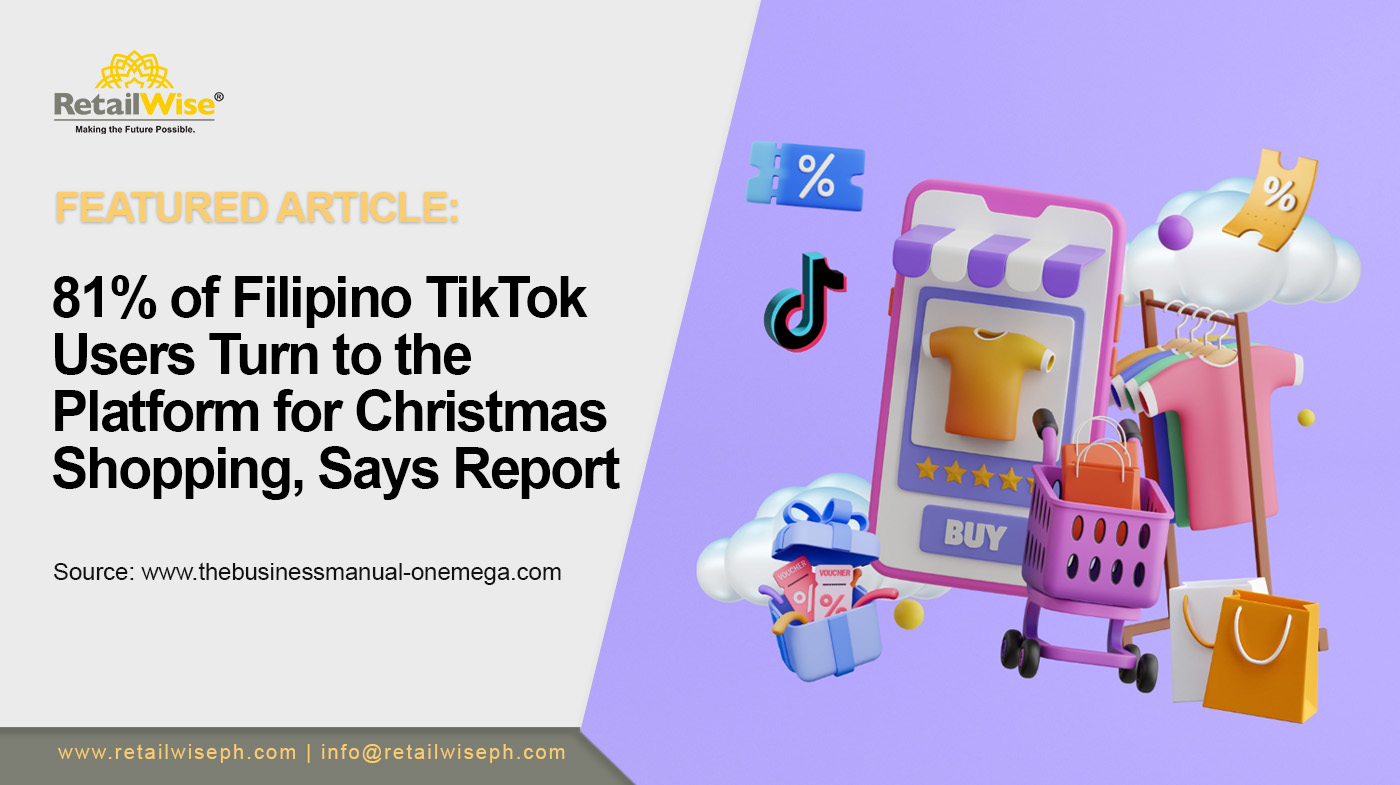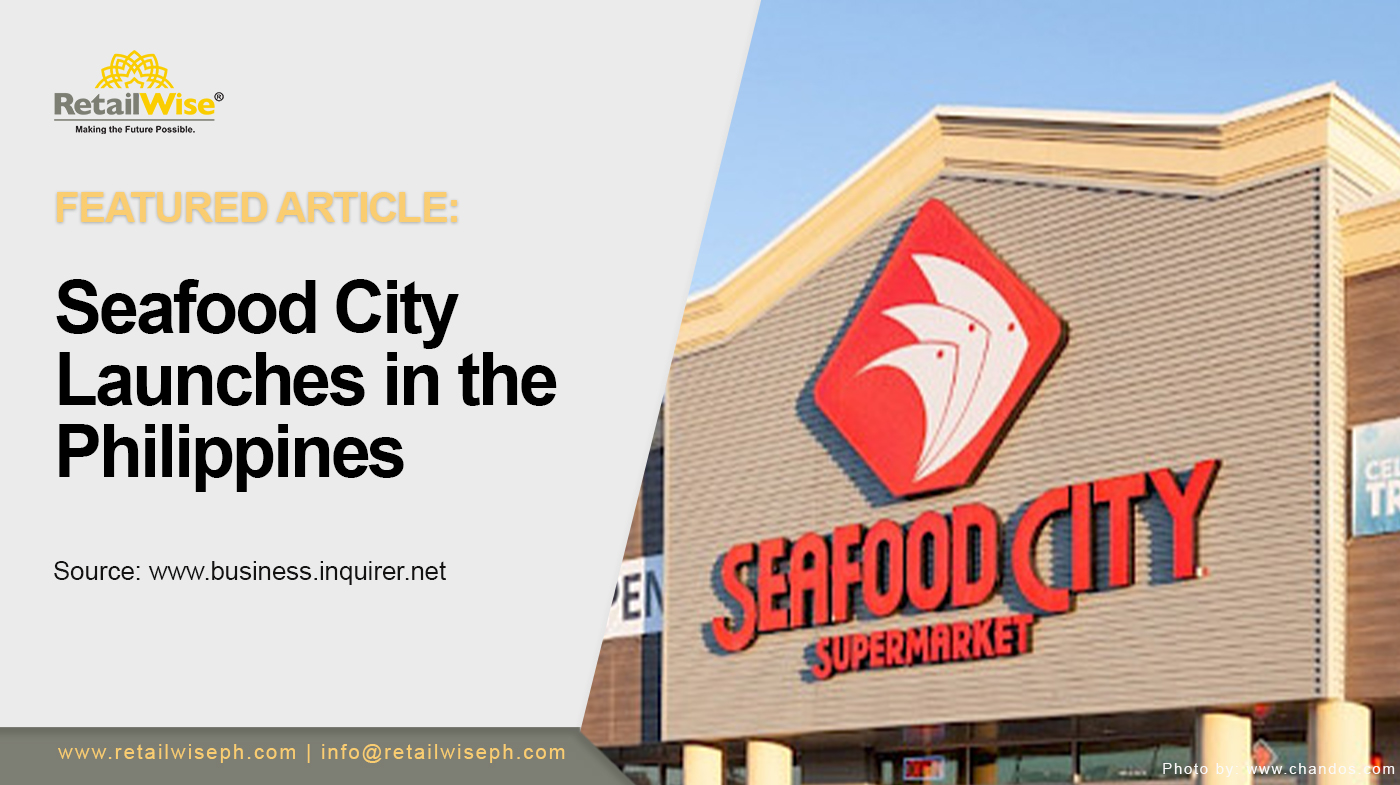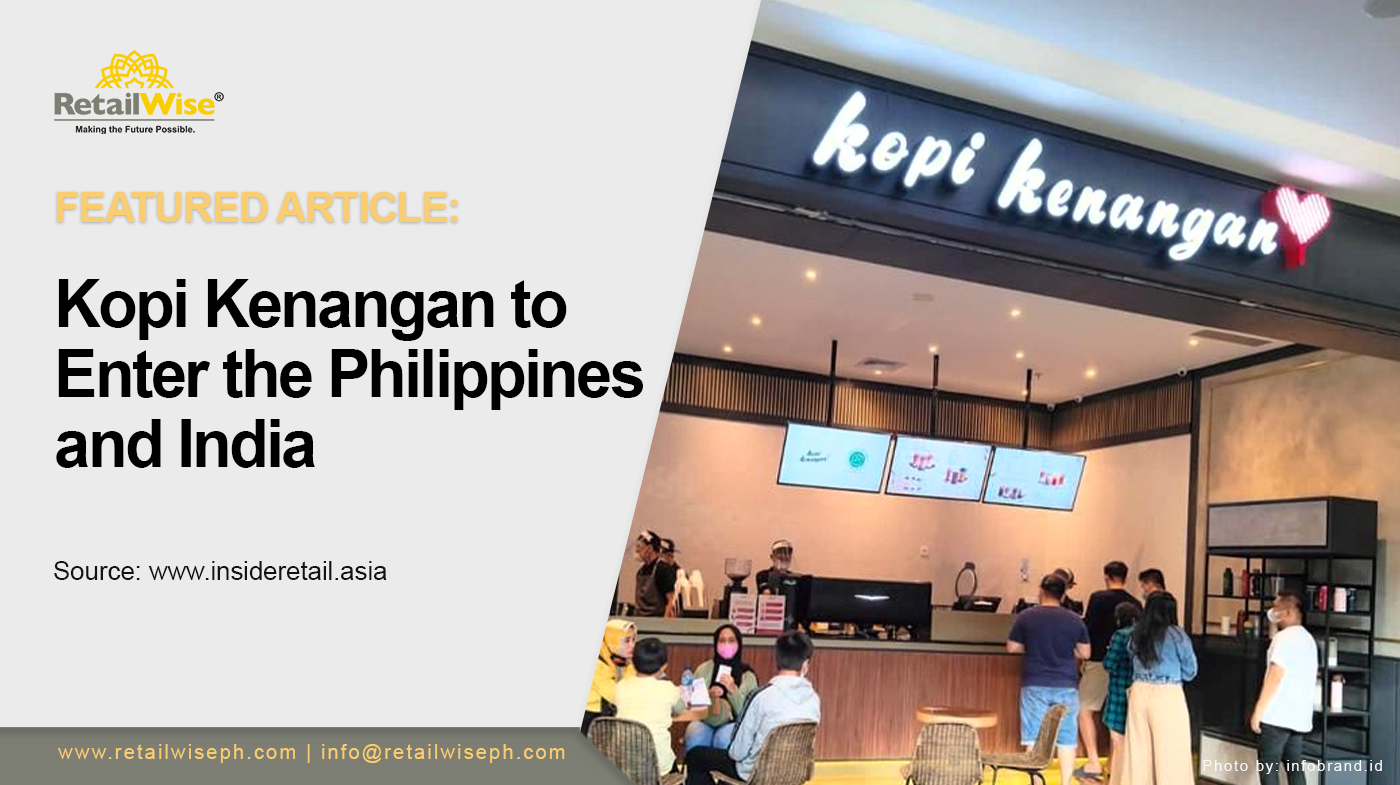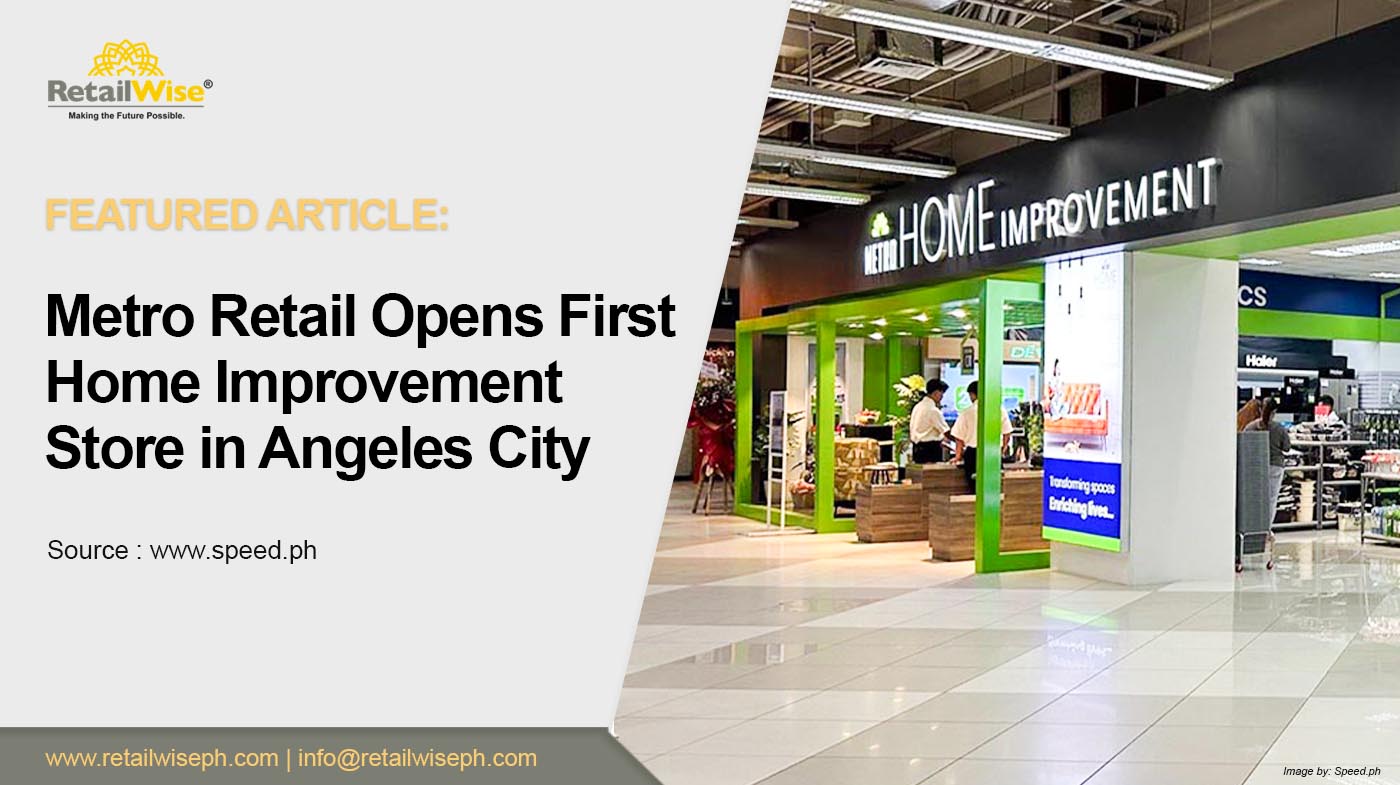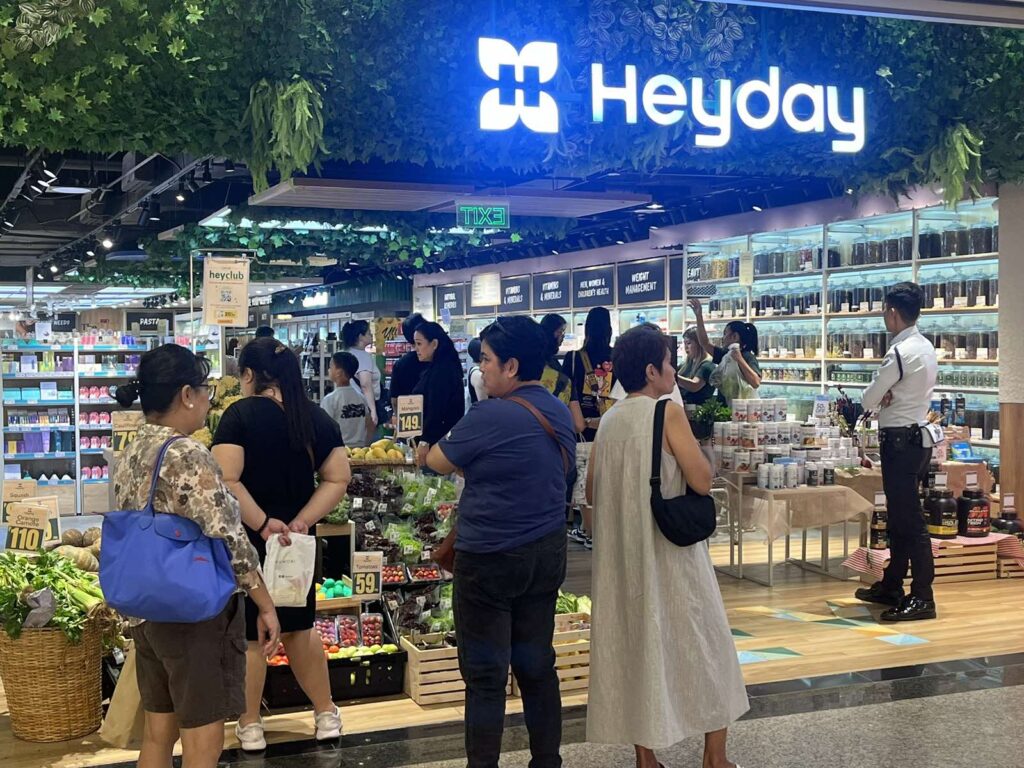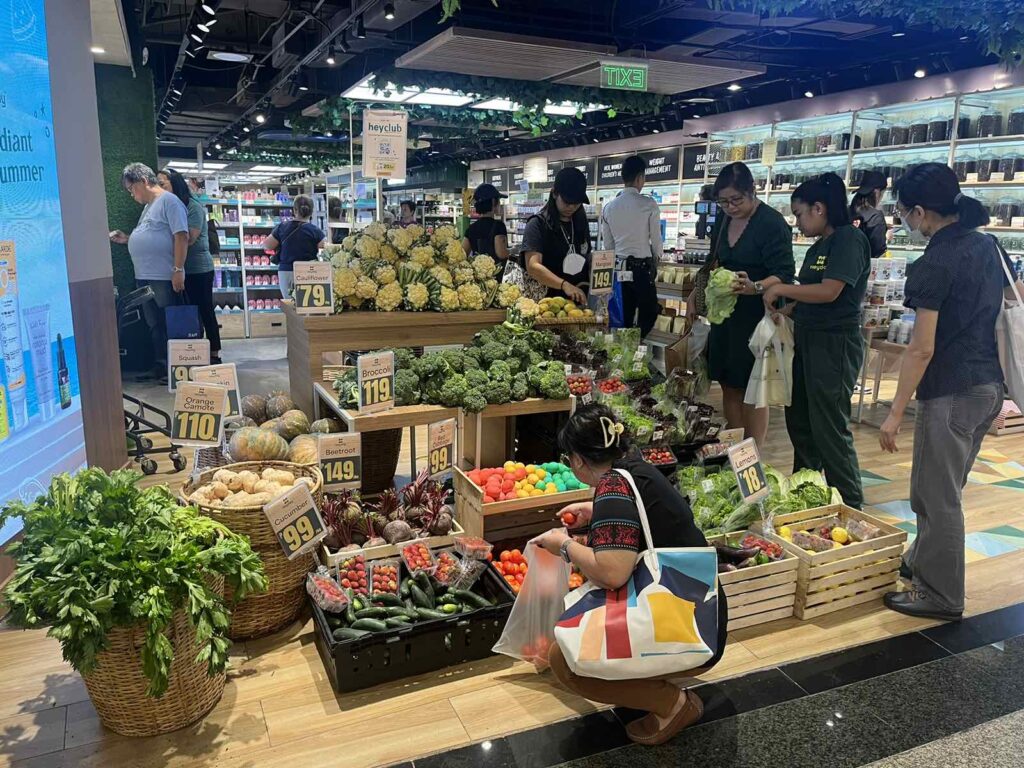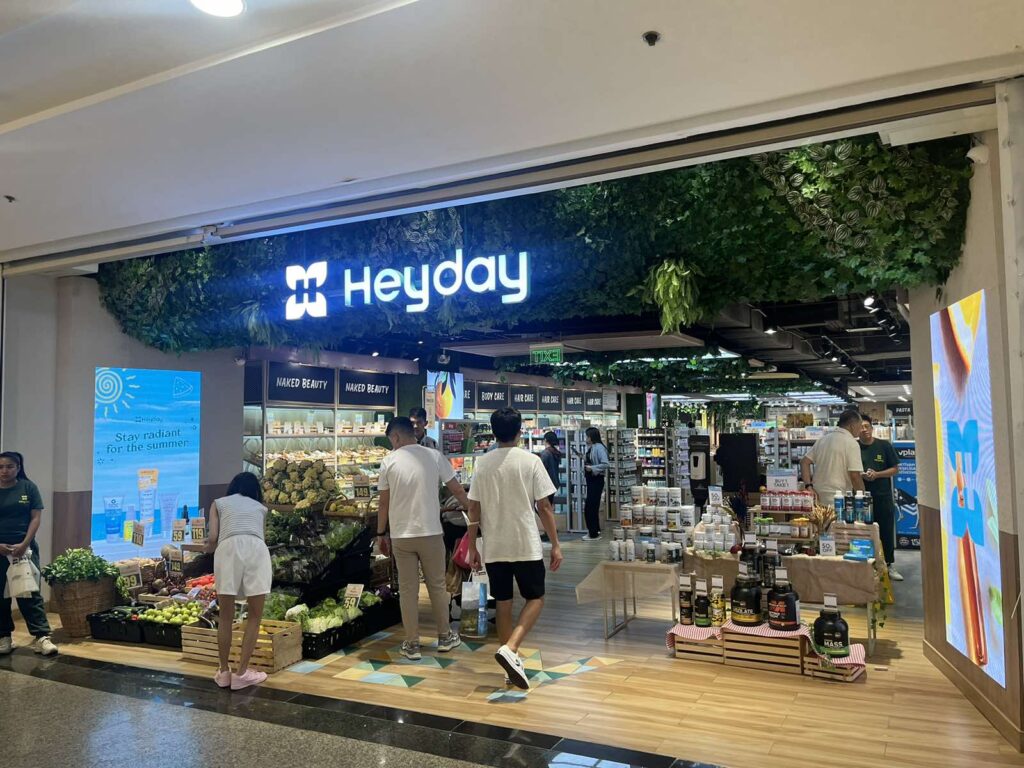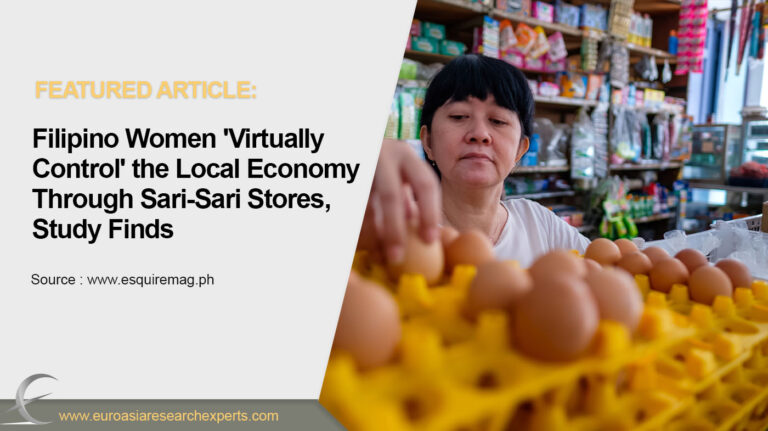ALPHABET’S YouTube and e-commerce platform Shopee said on Wednesday (Sep 18) they were launching an online shopping service in Indonesia and planned to expand it in South-east Asia as competition picks up with a rival operator owned by TikTok.
Under the YouTube Shopping tie-up, people will be able to purchase goods viewed on YouTube through links to Shopee, which is owned by South-east Asian technology conglomerate Sea Ltd. Company executives told reporters they plan to expand the service to Thailand and in Vietnam in a few weeks. YouTube Shopping is already active in South Korea and the US.
Indonesia’s “energy and velocity around online shopping” is what prompted the launch, YouTube Asia-Pacific director Ajay Vidyasagar said in Jakarta. With YouTube Shopping, Alphabet and Shopee will be competing against TikTok, the Bytedance-owned video app, which has increased its ambitions for the region after taking control of Indonesia’s biggest e-commerce platform Tokopedia.
Asked about the size of the partnership with Shopee, Vidyasagar said it was very significant, but declined to give numbers. He said YouTube Shopping would be opened to partners other than Shopee “in a phased, sequenced manner.” Reuters reported last year, citing sources, that YouTube was planning to apply for a licence to operate e-commerce services in Indonesia, South-east Asia’s largest economy.
TikTok’s shopping service, TikTok Shop, accounted for US$16.3 billion in 2023 in gross merchandise value in South-east Asia, in a nearly fourfold jump from the previous year, consultancy Momentum Works said in a report.
This has made the platform the region’s second largest e-commerce platform after Shopee.
The region of nearly 700 million is one of the world’s fastest growing e-commerce markets. The Momentum Works report said South-east Asia’s eight largest e-commerce platforms racked up US$114.6 billion in gross merchandise value in 2023, up 15 per cent from 2022. REUTERS
TAKEAWAY:
This news marks a significant shift in how businesses and retailers should align their future strategies, particularly in terms of marketing and growth. As the collaboration between YouTube and Shopee begins in Indonesia and soon expands to Thailand and Vietnam, it’s only a matter of time before the Philippines becomes the next market to adopt this trend. With the rapid growth of the local e-commerce sector and platforms like TikTok providing stiff competition, businesses must stay ahead of the curve by embracing new, integrated shopping experiences that combine entertainment with commerce.
For retailers and brands in the Philippines, this signals a need to rethink traditional marketing approaches and adapt to the evolving digital landscape. The ability to seamlessly link content with purchasing decisions offers an exciting opportunity to engage consumers in a more interactive and immediate way, potentially driving higher conversion rates. As the digital economy continues to flourish, businesses that proactively align their strategies with these innovations will be well-positioned for long-term success.
The question now is: how will Filipino businesses adapt, and are they ready for this new wave of e-commerce?
Original Article: https://www.businesstimes.com.sg/companies-markets/consumer-healthcare/youtube-and-shopee-partner-south-east-asia-e-commerce-tie

